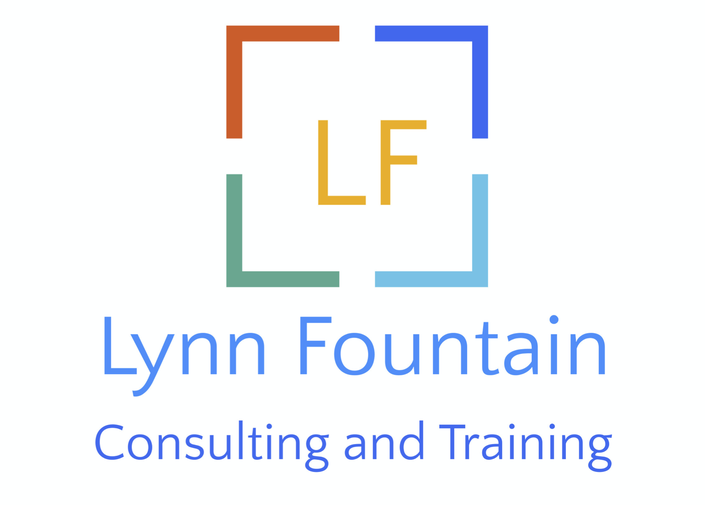
Internal Controls – Why they are important (Text-Based)
Field: Auditing | Delivery Method: Self-Study | CPE Hours: 2.0
Enroll in Course
The topic of internal control has long been an issue for business. Management may view internal control as a set of forms, checklists, and templates that auditors require. However, internal control is much more.
- Understand the concept of internal controls
- Identify the history behind internal controls
- Comprehend the COSO Integrated Internal Control Framework
- Identify why internal controls are not infallible
- Understand who maintains responsibility for internal controls
- Understand methods to identify and document internal controls
- Examine a generalized checklist of internal controls for various processes.
Field: Auditing
CPE: 2.0
Delivery Method: Self-Study
Format: Text
Your Instructor

Consultant, CPA, CGMA, CRMA, MBA, Past Chief Audit Executive
Business Consultant, Trainer, Author
Ms. Fountain has over 40 years of experience spanning public accounting, industry accounting and consulting. Sixteen years of that experience has been in the field of internal audit, risk managment and process improvement. She is well adept to assist your organization evaluate business strategy, perform risk assessments, establish a Sarbanes-Oxley process, synergizing internal audit processes or perform process improvement projects.
As a past corporate executive Lynn has a passion for working with professionals to enhance their processes and provide leading edge education. She has authored and delivered hundreds of training courses for accounting, finance and audit professionals. Her training is filled with not just theory but real world application.
Ms. Fountain has authored three technical publications:
-Leading the Internal Audit Function
-Raise the Red Flag
-Ethics and the Internal Auditor's political dilemma
Lynn is a recognized leader in the internal audit profession as well as a recognized business professional.
Ms. Fountain obtained her BSBA from Pittsburg State University and her MBA from Washburn University in Kansas. She has active, current CPA, CGMA, and CRMA credentials.
